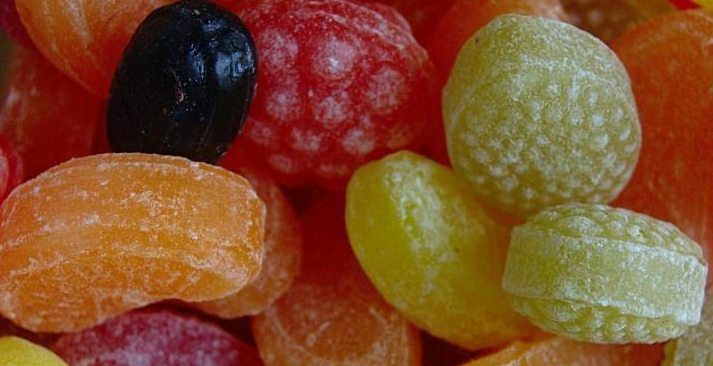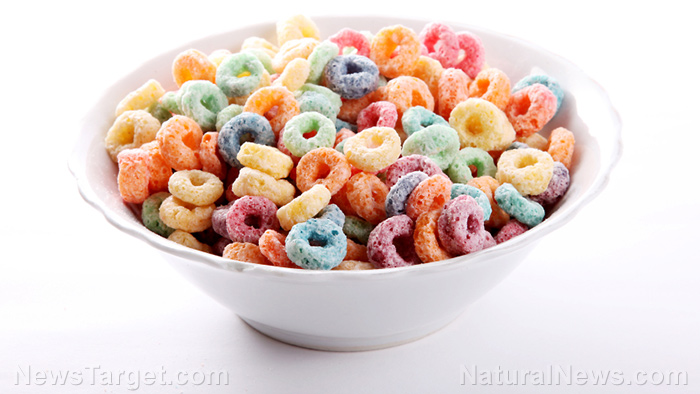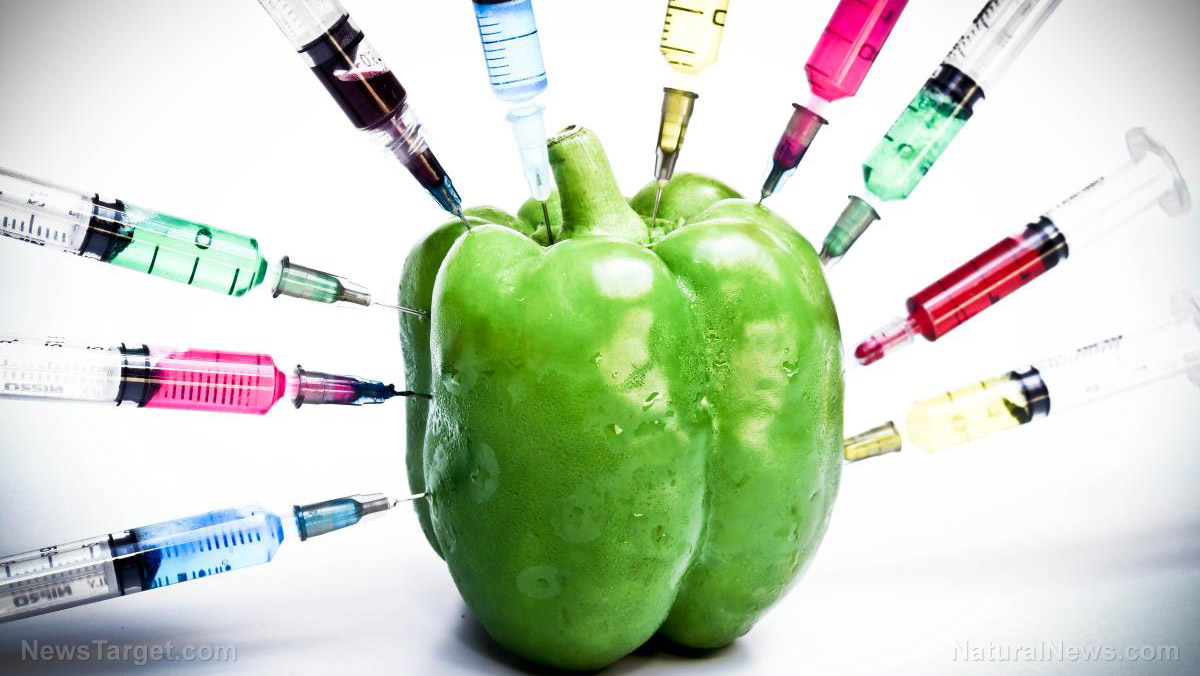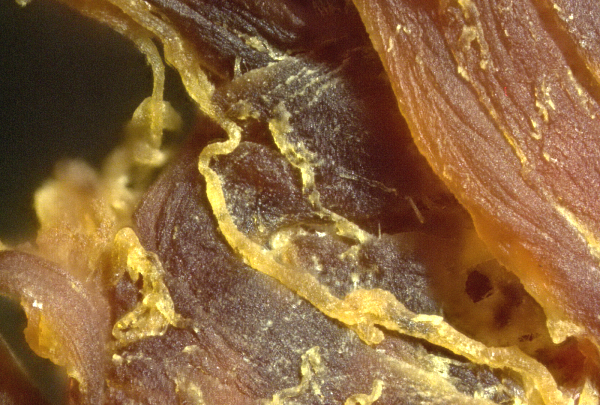UK recalls Jolly Rancher candies over cancer-linked chemicals, warns of toxic US food imports
06/16/2025 / By Cassie B.

- The UK Food Standards Agency issued an urgent “do not eat” warning for several Jolly Rancher candies due to cancer-linked petroleum chemicals (MOAH and MOSH).
- Contaminated products include Jolly Rancher Hard Candy, Misfits Gummies, and Berry Gummies, sold by Hershey in England, Wales, and Northern Ireland.
- MOAH is a known carcinogen that damages DNA, while MOSH accumulates in organs, posing higher risks for children and frequent consumers.
- This follows a pattern of U.S.-made foods with banned chemicals entering the UK market, including Fanta Pineapple and Prime Hydration.
- The FSA urges disposal of affected products, highlighting corporate negligence and the need for stricter food safety regulations.
The UK Food Standards Agency (FSA) has issued an urgent “do not eat” warning for multiple Jolly Rancher candy products after tests revealed they contain banned petroleum-derived chemicals linked to cancer. The recall, announced June 11, targets Jolly Rancher Hard Candy, Misfits Gummies, Hard Candy Fruity 2 in 1, and Berry Gummies manufactured by American corporate giant Hershey and sold across England, Wales, and Northern Ireland.
These candies were found to be contaminated with Mineral Oil Aromatic Hydrocarbons (MOAH) and Mineral Oil Saturated Hydrocarbons (MOSH), substances so hazardous they violate UK food safety laws. This scandal exposes yet another example of how multinational corporations peddle toxic, profit-driven junk while regulators scramble to contain the fallout.
Petroleum byproducts hidden in candy
MOAH and MOSH, derived from crude oil, are used in candies to prevent stickiness and create a glossy finish. But their risks are anything but sweet: MOAH is a known genotoxic carcinogen, meaning it mutates DNA and increases cancer risk, particularly in the liver and lymph nodes. The FSA stated, “No exposure is without risk to human health.” MOSH, while less directly carcinogenic, accumulates in organs and may cause long-term damage. The agency warned these candies pose heightened dangers for children and frequent consumers, as repeated exposure magnifies toxicity. Hershey claims it already pulled non-compliant products from UK shelves in early 2024, yet the FSA reports rogue imports persist, forcing authorities to intervene.
This recall isn’t an isolated incident. It follows a disturbing pattern of US-made foods loaded with chemicals banned in Europe flooding UK markets. Earlier this year, investigations revealed American imports like Fanta Pineapple, Mountain Dew, Swedish Fish, and Prime Hydration contained illegal additives such as brominated vegetable oil (BVO) and Red Dye 3. Even Dr. Pepper Zero Sugar faced recalls after cans falsely labeled “zero sugar” were found packed with 39 grams per serving in a potentially lethal deception for diabetics.
The FSA notes many of these products enter the UK through online retailers or small shops, bypassing safety checks. TikTok and Instagram ads aggressively market these candies to children, normalizing a diet of poison. While major UK retailers reformulate U.S. brands to meet local standards, unauthorized imports slip through with their original toxic recipes intact.
A food system rigged against health
The Jolly Rancher scandal underscores a disturbing reality: processed food is a chemical minefield. From petroleum-based candy coatings to mislabeled “diet” drinks, corporations prioritize shelf life and profits over human life. The FSA’s tepid reassurance that “risk is low” for occasional consumers ignores the cumulative effect of these toxins, especially in kids, whose developing bodies absorb more contaminants per pound than adults.
Natural health advocates have long warned about synthetic food additives, but regulators consistently lag behind the evidence. MOAH, for example, was flagged as a carcinogen years ago, yet it took until 2024 for the UK to enforce recalls. Meanwhile, the U.S. FDA still permits many of these chemicals, leaving Americans as unwitting lab rats for Big Food’s experiments.
Ditch the candy, embrace real food
The solution isn’t complicated: avoid processed junk. Whole, organic foods—free from petroleum derivatives and synthetic dyes—remain the safest choice. As the FSA scrambles to confiscate illegal sweets, consumers must ask why these products exist at all. The answer, of course, is profit. Hershey’s global revenue topped $11 billion in 2023, proving there’s big money in peddling addiction to sugar and chemicals.
For those who’ve eaten these candies, the FSA advises disposing of remaining products and reporting sellers to Trading Standards. But the deeper lesson is clear: trust no corporation to safeguard your health. Read labels, and reject processed fakery, and demand transparency. The UK recall is a rare victory for food safety, but the war against toxic additives is far from over.
Sources for this article include:
Submit a correction >>
Tagged Under:
candy, food safety, MOAH, MOSH, Recall, toxins
This article may contain statements that reflect the opinion of the author





















